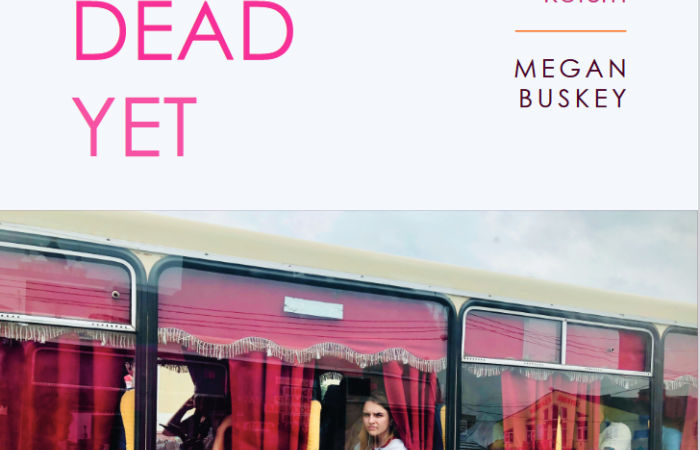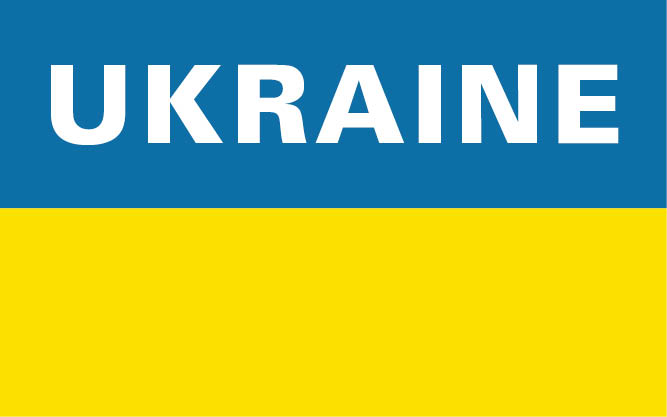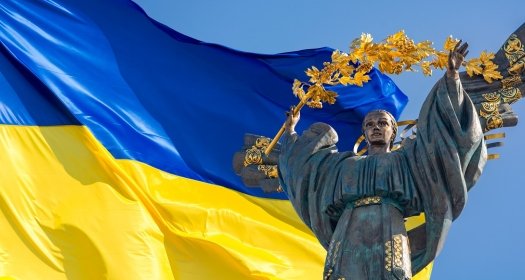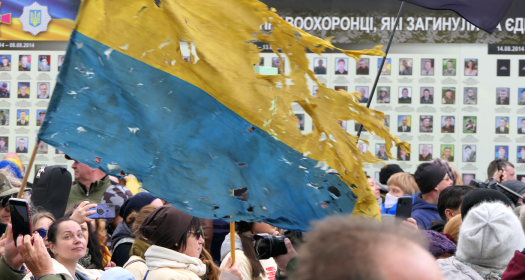Society & Culture

Book Talk | Ukraine is Not Dead Yet
When her grandmother Anna died in Cleveland in 2013, Megan Buskey was compelled in her grief to uncover and document her grandmother’s life as a native of Ukraine. A Ukrainian American, Buskey returned to her family’s homeland and encountered the essential and sometimes difficult aspects of recent Ukrainian history. In this book talk, Megan Buskey discussed her book, Ukraine Is Not Dead Yet, and her process researching Ukraine’s difficult twentieth century through the prism of her family's past.
WATCHIn this conversation, Volodymyr Dubovyk considered the immediate implications of Russia's invasion on Ukrainian national identity and democratic governance.
WATCHProfessors Karina Korostelina and Gerard Toal explained their quantitative analysis of recent survey data from a sample of Ukrainians that includes locals and internally displaced people across three towns close to the regions where active fighting is taking place.
WATCH


